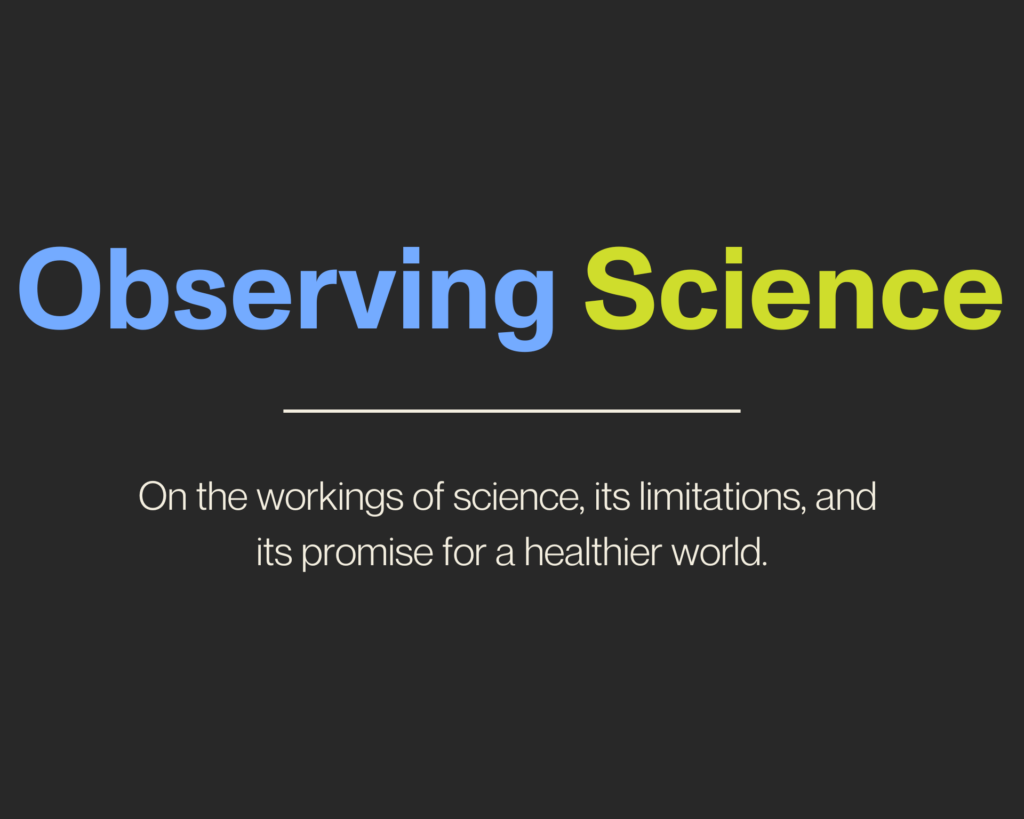Eldar Shafir: Policy in the Contexts of Scarcity
Eldar Shafir sat down with PHP Fellow Gilbert Benavidez to discuss the many faces of scarcity, the behaviors that stem from it, and how to craft effective policy to combat it.

Read Time: 5 minutes
Published:
Eldar Shafir is the Class of 1987 Professor of Behavioral Science and Public Policy at Princeton University’s Woodrow Wilson School of Public and International Affairs; director of Princeton’s Kahneman-Treisman Center for Behavioral Science and Public Policy, and co-founder and scientific director at ideas42, a social science R&D lab. He studies decision-making, cognitive science, and behavioral economics. His recent research has focused on decision-making in contexts of poverty and on the application of behavioral research to policy. He co-authored, with economist Sendhil Mullainathan, the book Scarcity: Why Having Too Little Means So Much (MacMillan, 2013).
Prior to his talk at Boston University, Eldar Shafir sat down with PHP Fellow Gilbert Benavidez to discuss the many faces of scarcity, the behaviors that stem from it, and how to craft effective policy to combat it. Here are some highlights from their conversation.
The Poor Are Not Just Short on Cash
They’re short on sleep…they live in neighborhoods that are noisy and dangerous. They need more time to navigate and get anywhere with public transportation. There are physical hurdles, noise, and lack of respect, which happens to have a significant effect as well. Social connections are more complicated if people live far away and can’t reach other, etc.
What happens is that a lack of money creates a lack of bandwidth. When you are struggling with not having enough, say money or time, you are also spending a lot of your cognitive resources managing it. From a policy perspective, that means when you see a poor client arrive, you have to keep in mind that not only do they have less money, they also have less bandwidth. So don’t give them complicated obstacles or demands, because they just don’t have enough bandwidth.
What is Scarcity?
It’s heavily psychological. Scarcity of course is not having enough of something, but it’s a behavioral perspective also. If you look purely at how much a person has, then you run into the classic critique that says, “what about the American poor…all of them have TVs. If you took them to New Delhi they would be middle class.” So clearly that’s not the point. The point is a psychological sense of scarcity where you basically cannot live a minimally acceptable life in the time and place in which you live.
Crafting Public Policy to Combat Perpetuation of Scarcity
In general scarcity is going to be a function not just of your income, but of how easy or difficult it is to manage it. Take two people with equal income: One of them has a system that has automatic deposits and payments, reliable arrival income every two weeks, and reliable public transportation, while the other does not have those things. Although the income is the same, one is going to be juggling scarcity a lot more than the other. So one way to deal with and reduce the scarcity tax is to help with the juggling. Those who need more help with the juggling, have less of it.
For me, the Consumer Protection Finance Bureau, Elizabeth Warren’s thing, were it to succeed, would facilitate the struggle and everyday juggling that’s menacing the American poor.
Building Fault Tolerance into Social Programs
Everything from forgetfulness to showing up late to the office for a benefit. What we do right now, is if you’re late you’re punished, because you’re showing by being late that you don’t care. That’s a profound misunderstanding. The reason I’m late is because I don’t have child care, the bus is not reliable…any number of problems. You have to be tolerant of lateness, impose less demands in terms of filling out paperwork and showing up on time, all the way to reforming systems to make things easier.
Medicare Part D was a great example. They gave them 45 alternatives and people couldn’t choose…and the data showed that. What you want to do is proof it for human failure. You could for example get a panel of experts and develop a list of five that would be the best choices for people. If you’re into that kind of thing, feel free to go to the next page and read the other 40…that would be a way of proofing.
A Colony in a Nation: Abundance vs. Scarcity
Chris Hayes wrote a book called A Colony in a Nation. What you have is a division. The increasing wealth and poverty is becoming more problematic. A really interesting impact is that everybody is made less happy by that division, not just the poor but the rich as well. So in that sense everybody loses.
I think there’s less empathy, less concern, less institutional ways of dealing with it. You’re left out in a way that’s very, very problematic. I still, to this day, believe those in Washington have good intentions. But they’re so distant from understanding the lives, concerns and challenges [of the poor].
Co-founder of Ideas42 – Using Behavioral Science to Design Solutions
In general, it’s amazing. It’s been a fantastic success. Instead of being invested in publishing research, it’s about just trying to make the world a better place. They do things all over the place: everything from reminding students in college to reapply for FAFSA, to poverty, to poverty, to drunken driving in South Africa.
Feature image: Eldar Shafir. Photo by Sameer Khan. Courtesy of the Woodrow Wilson School of Public and International Affairs.



